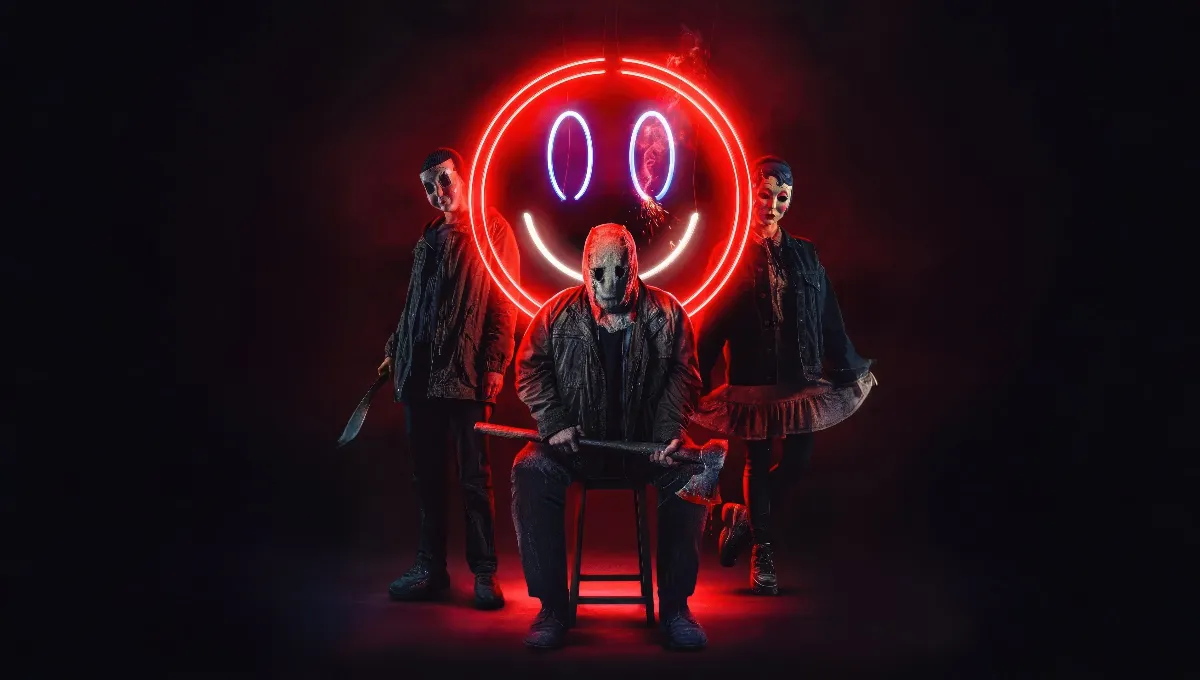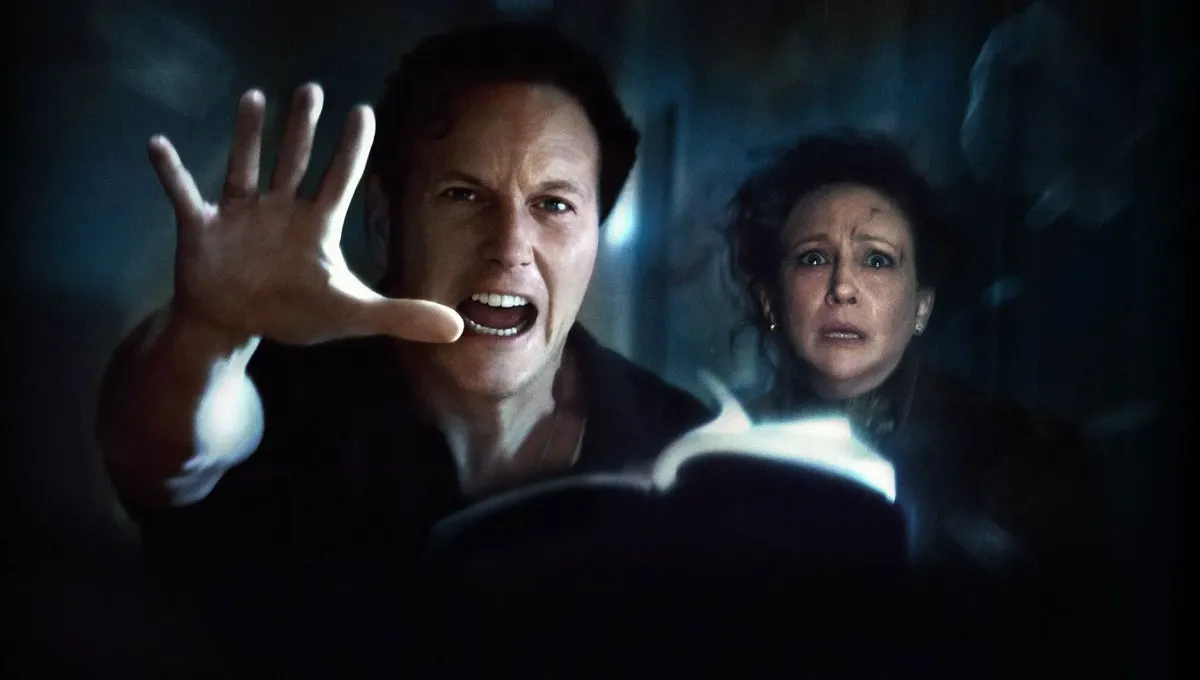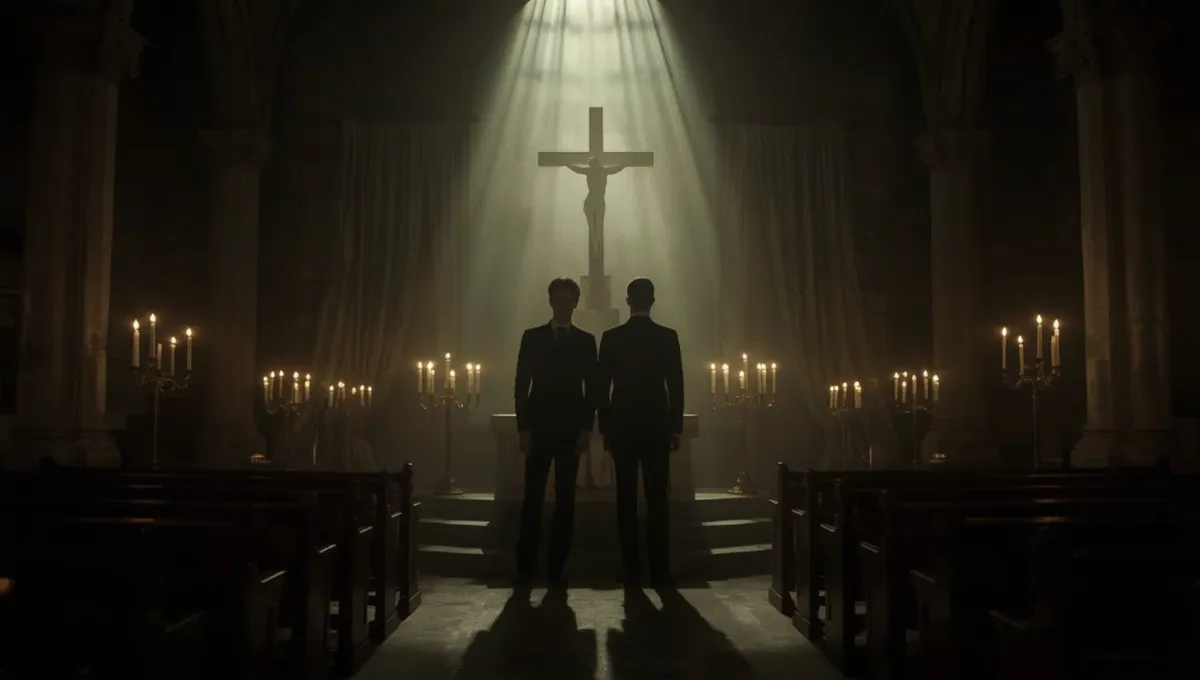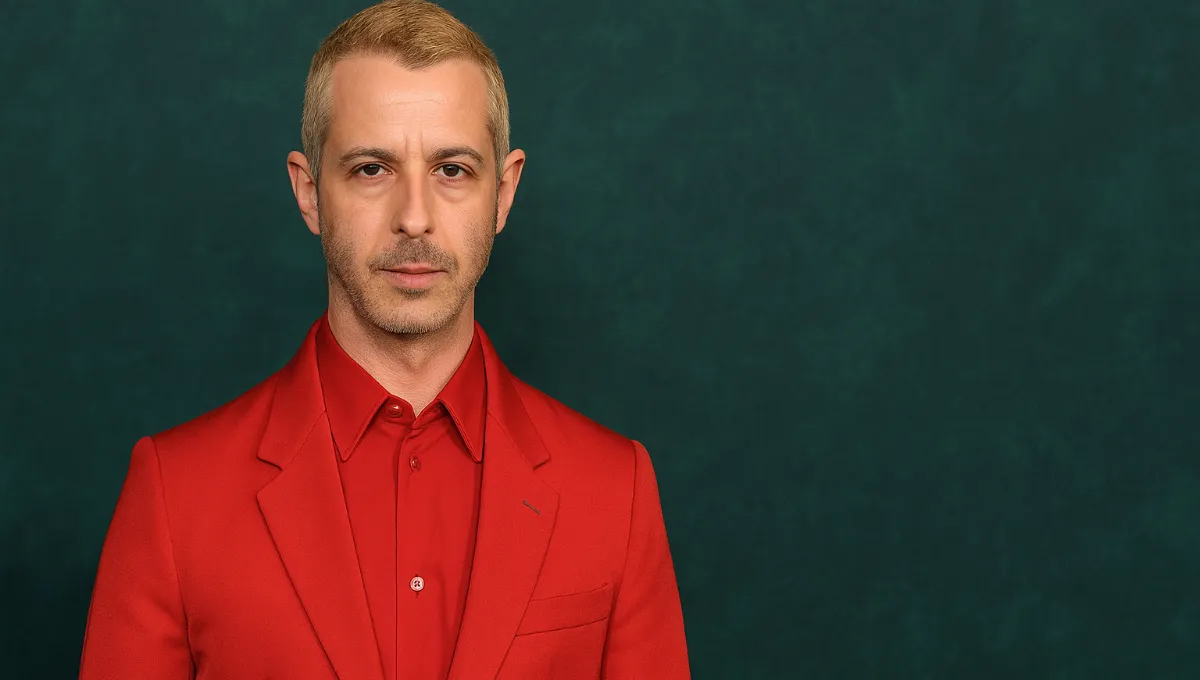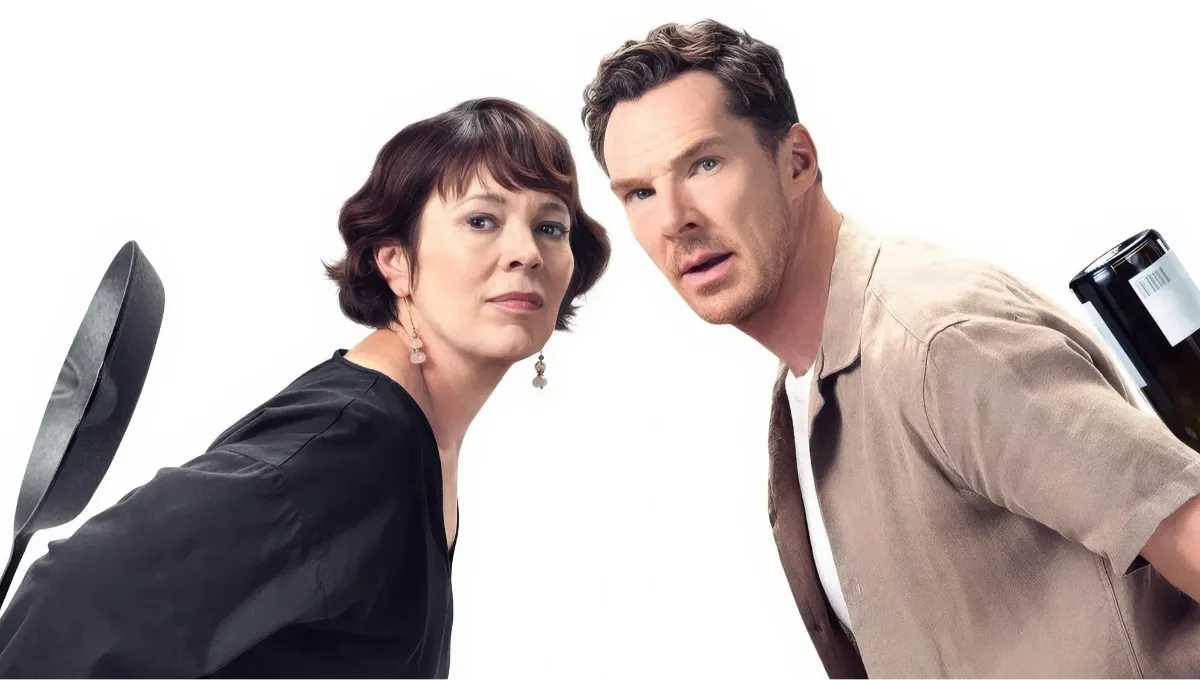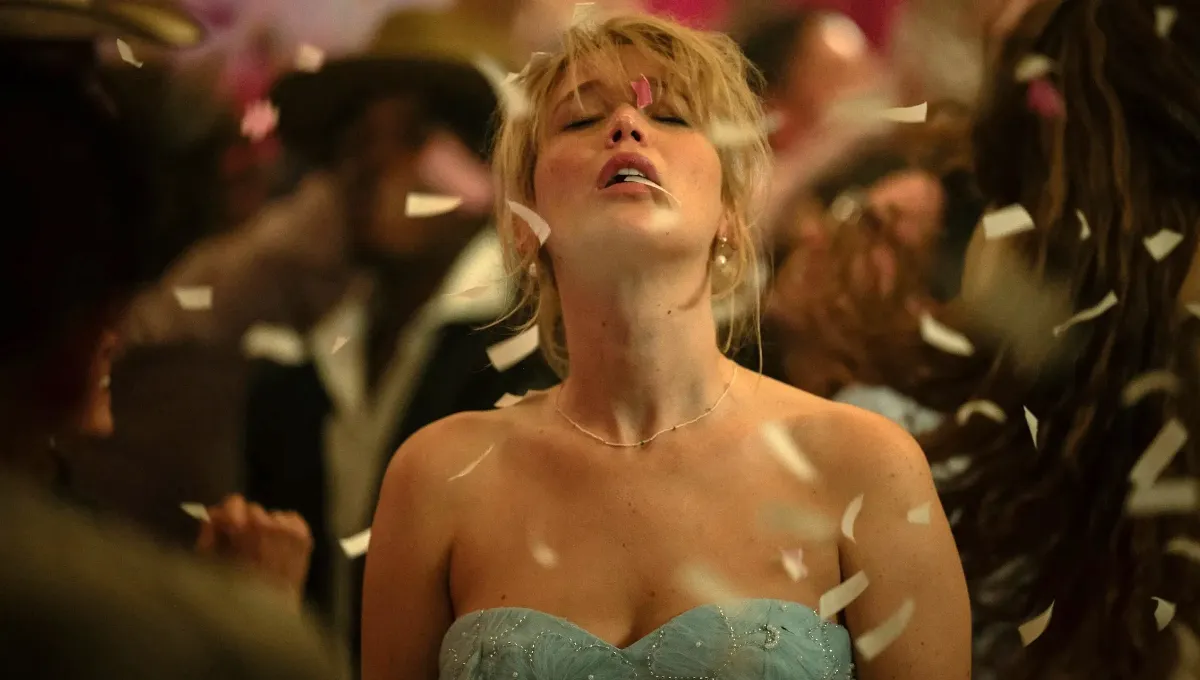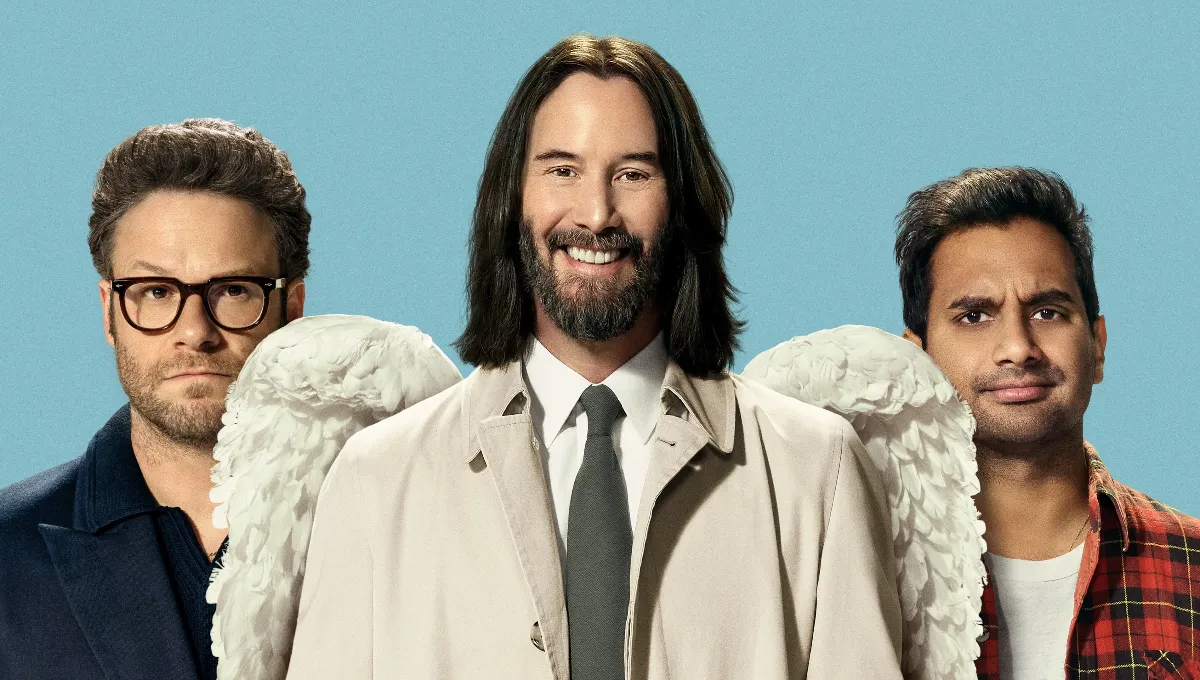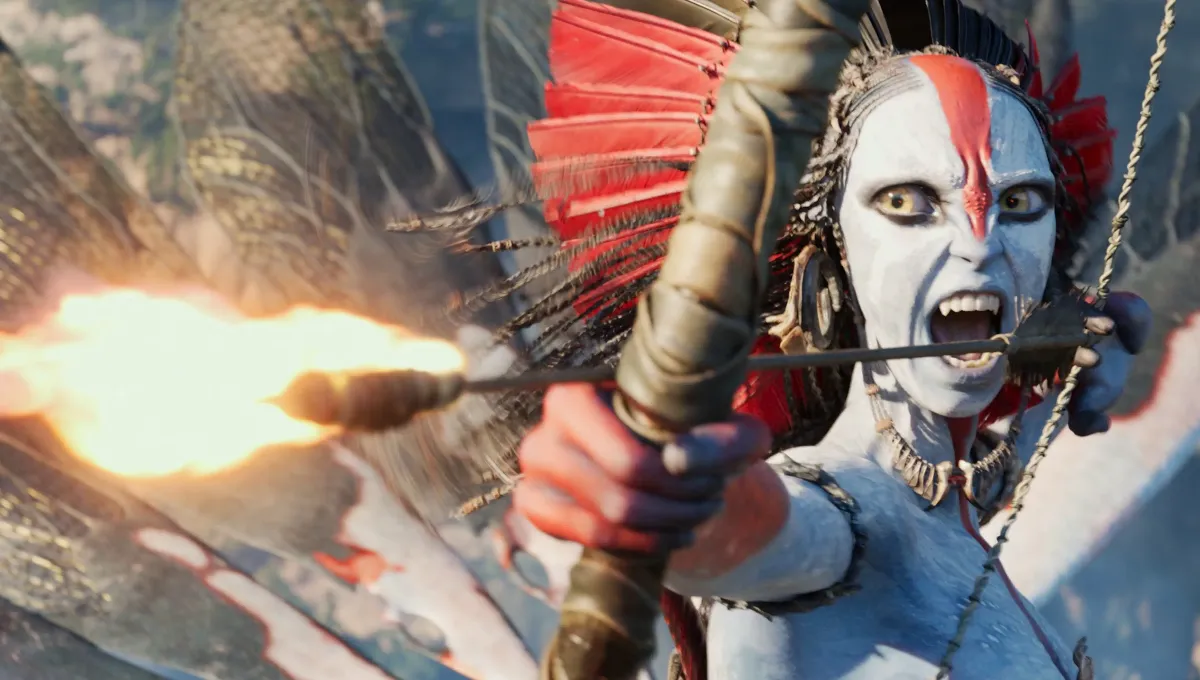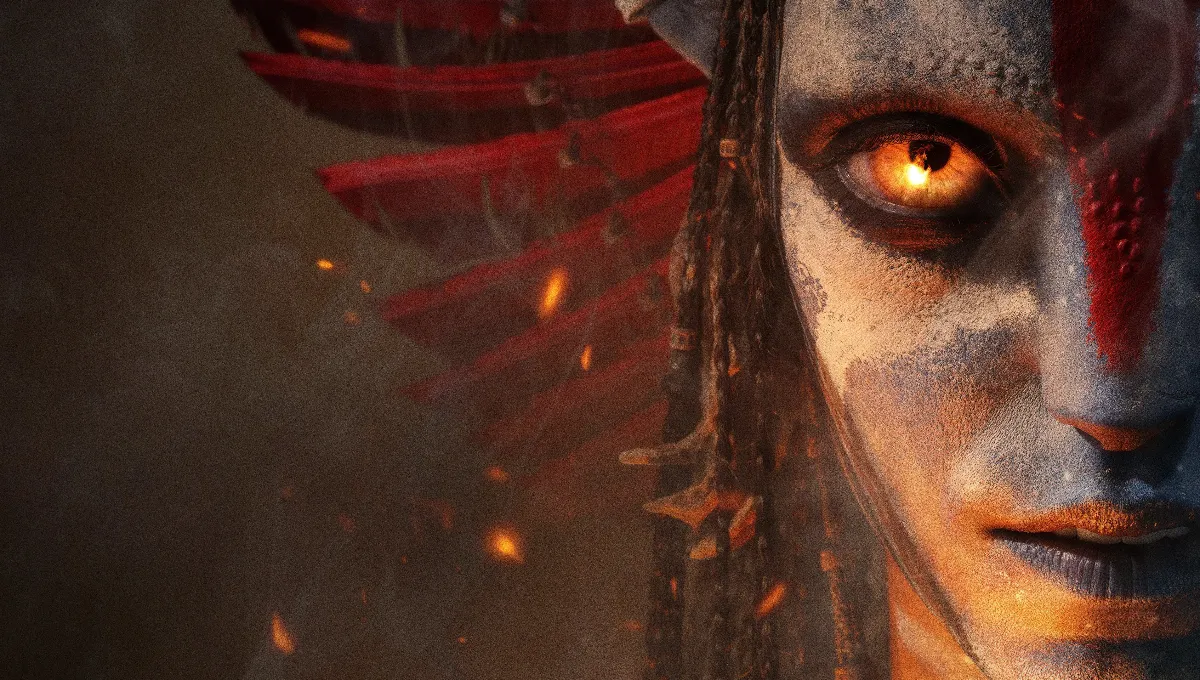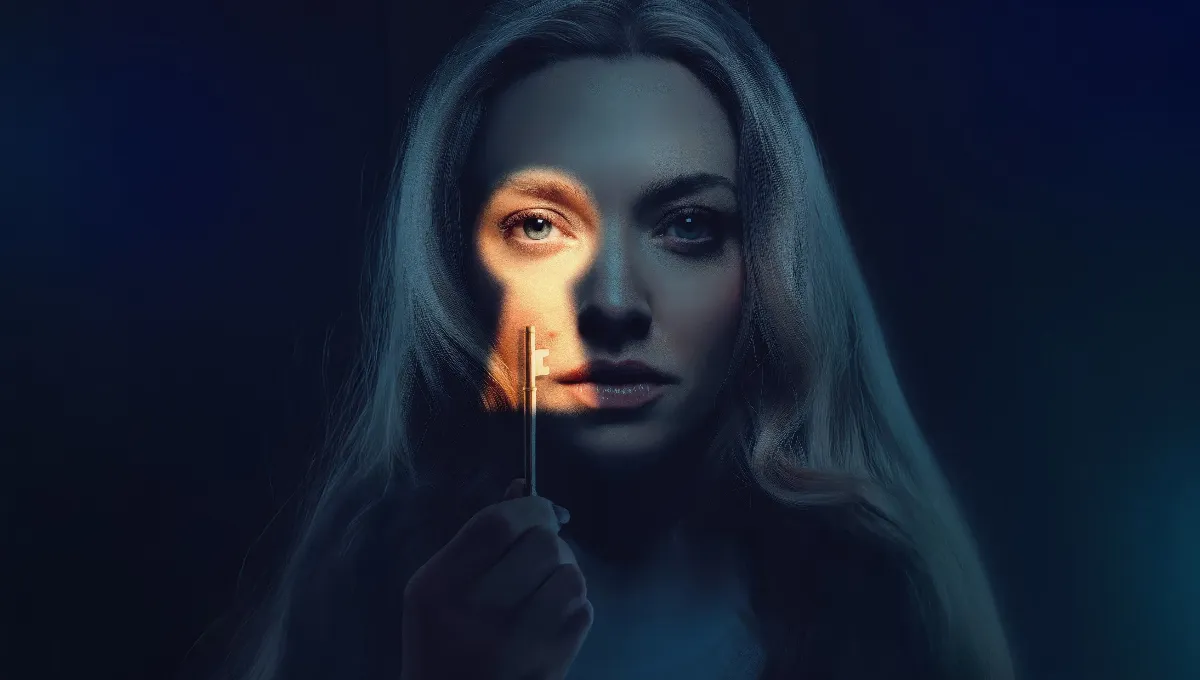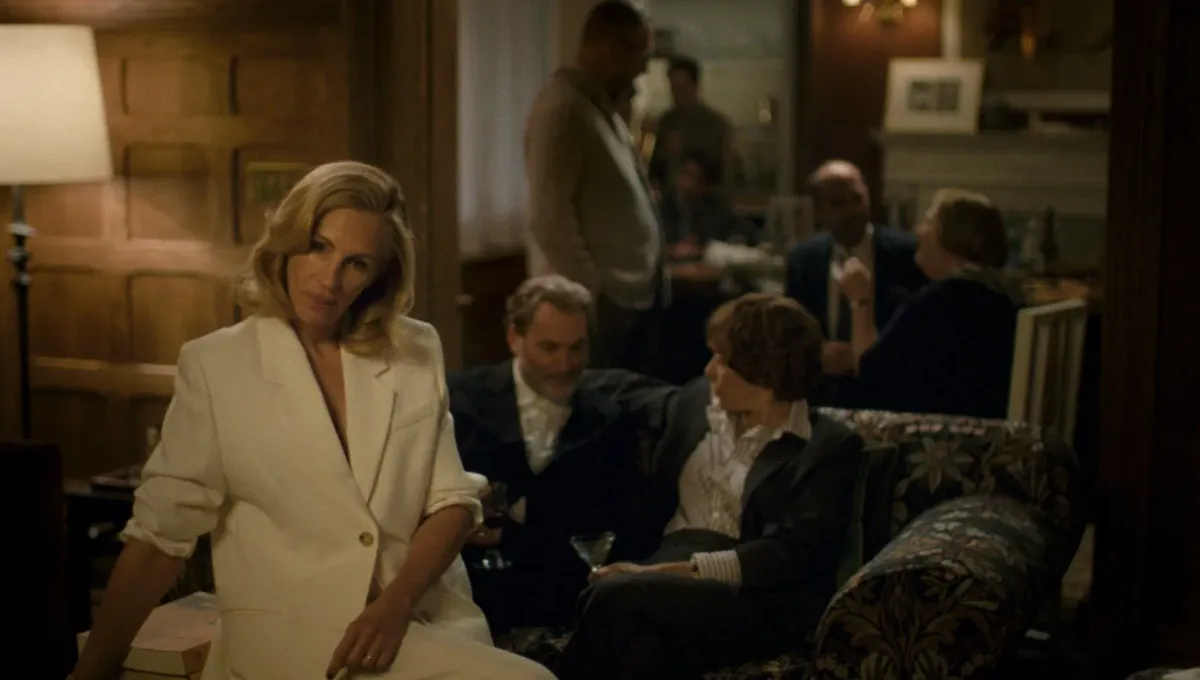Four years after The Black Phone terrified audiences and redefined supernatural horror, director Scott Derrickson returns with Black Phone 2, a chilling continuation that dives deeper into trauma, fear, and the unbreakable bond between siblings. The sequel doesn’t just revisit the nightmarish world of The Grabber — it expands it, guided by a powerful ensemble cast whose performances carry the emotional and psychological weight of the story.
The Story Continues
The film takes place several years after Finney Blake’s harrowing escape from the masked serial killer known as The Grabber. Now a teenager struggling to rebuild his life, Finney still bears the invisible scars of captivity. His sister Gwen, whose psychic visions helped save him once, begins to receive disturbing dreams connected to a mysterious black phone and a series of disappearances at a remote winter camp. As the siblings confront new horrors, the line between life and death starts to blur, and an evil once thought destroyed resurfaces with terrifying force.
This time, the phone doesn’t just ring for Finney — it rings for Gwen too. Their shared past becomes a weapon and a curse, forcing them to face the ghosts that never stopped calling. The film mixes the intimate terror of childhood trauma with the vast, cold isolation of the snowy wilderness, creating an atmosphere where every whisper, every shadow, feels alive.
Mason Thames as Finney Blake
Mason Thames returns as Finney, now older, withdrawn, and haunted by memories he cannot escape. In Black Phone 2, his performance is quieter but more layered. Finney is not just a survivor; he’s a young man wrestling with guilt and identity, questioning whether the evil he escaped is truly gone or still lingering inside him. Thames captures the fragility of a boy forced to grow up too fast, balancing fear with strength. His transformation mirrors the movie’s central theme — how trauma never disappears, it only changes its shape.
Madeleine McGraw as Gwen Blake
Madeleine McGraw’s Gwen has evolved from a side character into the emotional core of the sequel. Her dreams and psychic visions drive the story forward, connecting her to victims across time. Gwen’s defiance, faith, and instinct make her one of modern horror’s most memorable young heroines. McGraw brings both vulnerability and determination, portraying a girl who understands that some nightmares demand confrontation rather than escape. Her chemistry with Thames grounds the movie in human emotion, reminding audiences that love, even when fragile, is stronger than fear.
Ethan Hawke as The Grabber
Ethan Hawke’s return is nothing short of legendary. In Black Phone 2, The Grabber transcends mortality. Once a man behind a mask, he now exists as something darker — a presence that defies explanation. The mask remains, but its meaning changes: it’s no longer about hiding identity; it’s about manifesting evil itself. Hawke plays him as a ghost, a memory given form, whispering through walls and snow, reminding the audience that death is not the end of terror. His portrayal is colder, almost sorrowful, suggesting that even monsters are trapped in their own purgatory.
Jeremy Davies and the Family Dynamic
Jeremy Davies returns as Terrence Blake, the damaged father whose violence and regret shaped both Finney and Gwen. His limited screen time is deliberate — Terrence represents the generational pain that haunts the Blakes. Through his presence, the film explores how cycles of abuse and grief echo through families, blending domestic realism with supernatural dread.
New Additions to the Cast
Black Phone 2 expands its universe with a compelling roster of new faces. Demián Bichir plays Armando, the supervisor at the isolated Alpine Lake Camp, where the supernatural events unfold. His performance adds authority and unease, embodying the adult world’s denial of the strange. Arianna Rivas portrays Mustang, Armando’s niece, whose rebellious energy hides her own connection to the haunting. Miguel Mora joins as Ernesto Arellano, a man linked to past victims, determined to uncover what truly happened to his brother. Anna Lore appears as Hope Blake, the siblings’ late mother, glimpsed in visions that blur faith and fear, offering guidance from beyond. Each new actor contributes to the sequel’s broader emotional range — this is no longer just one boy’s nightmare, but a generational haunting.
The Atmosphere of Fear
Derrickson shifts from suburban dread to an expansive, snow-covered landscape. The winter setting becomes a metaphor for isolation and buried memories. Every frozen surface hides echoes of the past; every phone ring feels like an intrusion from another world. The cast’s physical performances — shivering breaths, hesitant footsteps, quick glances toward unseen voices — turn the environment itself into a character.
The sound design, once minimal and claustrophobic, now stretches outward. Whispers bounce through pine trees. The black phone rings in dreams, its mechanical buzz merging with the wind. Through the eyes of the cast, fear is not just an external force but an inherited condition.
Themes and Psychology
At its heart, Black Phone 2 is about communication — between the living and the dead, between siblings, between trauma and healing. The phone symbolizes connection, but also the danger of listening to what should remain silent. Finney’s reluctance to answer and Gwen’s compulsion to listen form a dual tension that drives the narrative.
The film explores how victims internalize evil, how fear can become identity, and how breaking that cycle demands both courage and forgiveness. Each actor channels this emotional undercurrent differently: Thames through restraint, McGraw through intensity, Hawke through quiet menace. Their performances weave psychology and horror together, proving that what truly terrifies us isn’t ghosts, but memory.
Visual and Emotional Evolution
Visually, Black Phone 2 refines the aesthetic of the first film. The palette shifts from sepia warmth to icy blues and grays. Faces emerge from darkness rather than light, emphasizing how the past continues to freeze the present. Derrickson uses long takes on the actors’ expressions to capture internal states — fear without screams, guilt without words.
For the cast, this is both a horror film and a character study. Each performance feels intimate, as though the characters are being haunted not only by The Grabber but by themselves. The result is a slow-burn narrative that rewards patience and emotional engagement.
Why the Cast Matters
In a genre often dominated by shock and spectacle, Black Phone 2 stands out because of its human performances. Horror here is not just about jump scares; it’s about empathy. The ensemble gives weight to the film’s moral questions: Can survivors ever be free? Is redemption possible for those consumed by violence?
By centering the story on Finney and Gwen — two survivors navigating guilt and faith — the film grounds its supernatural chaos in emotional truth. The supporting cast adds layers of mystery and realism, reminding audiences that evil often hides behind ordinary faces.
The Legacy of The Grabber
Ethan Hawke’s character remains one of modern horror’s most unsettling creations. Black Phone 2 deepens his mythology, suggesting that some spirits refuse to fade because they feed on the memories of those who fear them. The Grabber’s new form blurs the line between ghost and idea. He is fear personified — a presence sustained by attention, whispering through wires and dreams.
For audiences, Hawke’s restrained performance is far more disturbing than overt violence. His calm voice, distorted through the phone, carries the menace of inevitability. The cast’s reactions to his unseen presence make the horror palpable even when he isn’t on screen.
The Emotional Climax
Without revealing major spoilers, Black Phone 2 culminates in a confrontation that tests both siblings. Finney must decide whether to face his tormentor again, and Gwen must trust the visions that once terrified her. The finale is less about defeating evil and more about reclaiming power — answering the phone on their own terms.
The cast’s chemistry anchors the chaos. Every scream, every tear, feels earned. In their eyes, the audience sees reflection: that survival is not the end of the story, it’s the beginning of recovery.
Final Thoughts
Black Phone 2 succeeds because it understands that horror is most effective when it tells the truth about pain. Scott Derrickson’s direction allows his actors to embody fear and resilience in equal measure. Mason Thames and Madeleine McGraw deliver emotionally charged performances that elevate the genre, while Ethan Hawke redefines what a returning villain can be.
The film’s cast (szereplők) becomes its heartbeat — each member contributing to a narrative about connection, trauma, and the echoes of the past. Beneath the masks and nightmares, Black Phone 2 is about the voices we cannot silence and the courage it takes to finally listen.
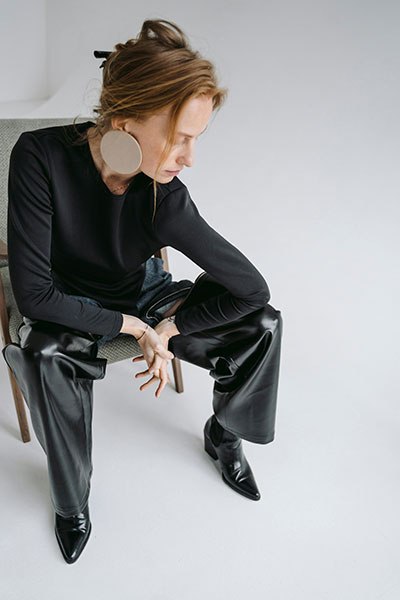
Grace Whitmore is a beauty and lifestyle editor at Nestification, exploring the intersection of modern femininity, quiet luxury, and emotional design. Her work focuses on how aesthetics, mindfulness, and self-expression shape today’s idea of calm confidence — where beauty becomes a state of mind.
Based in New York · [email protected]


